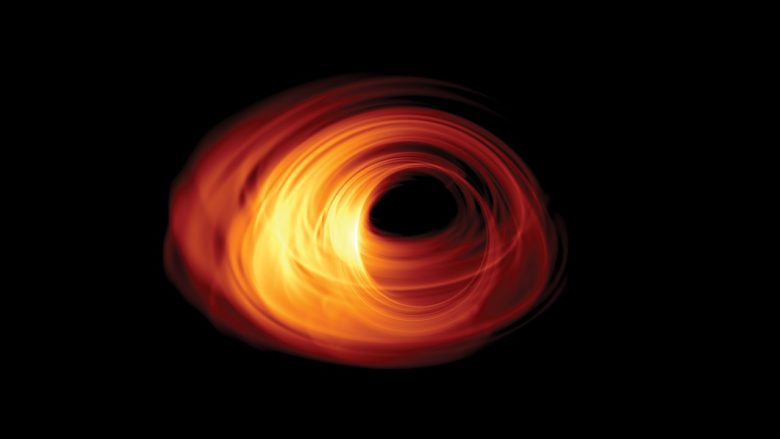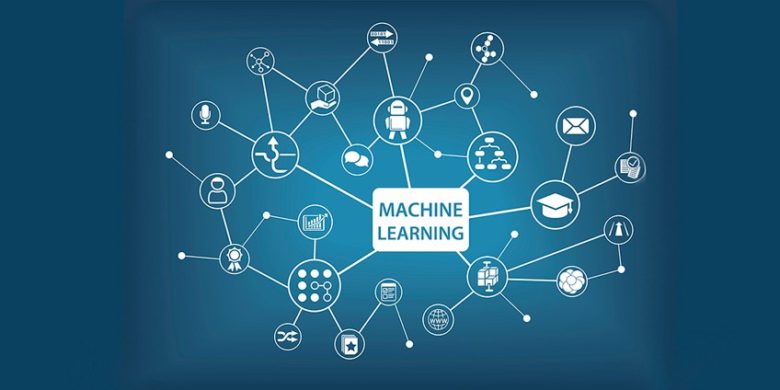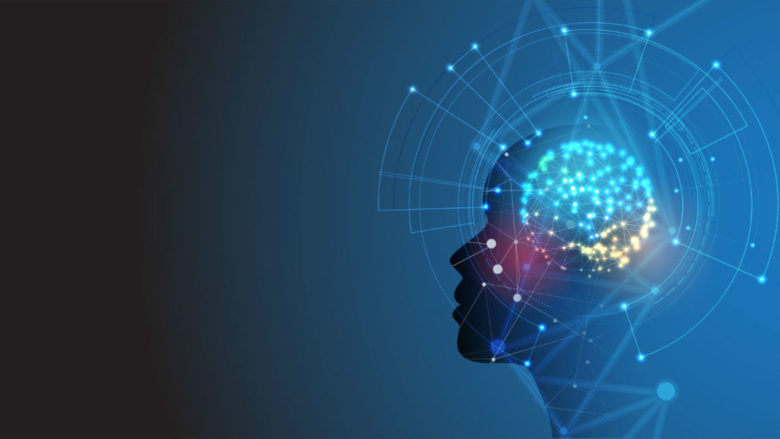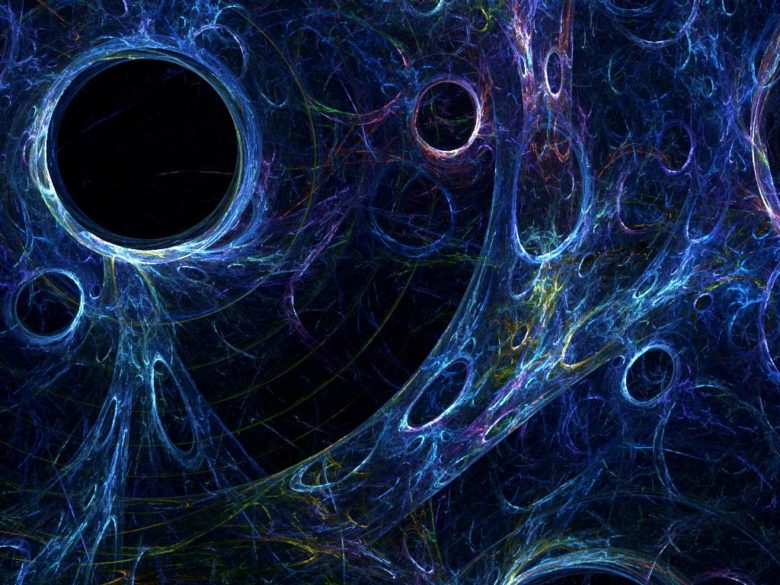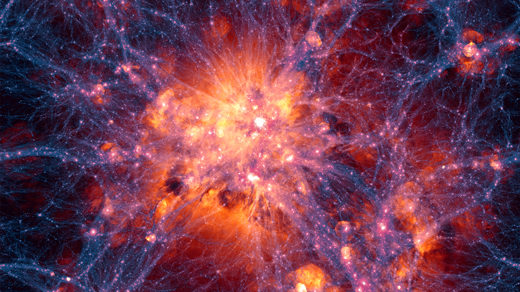The Event Horizon Telescope (EHT) comprises an array of nine radio telescopes around the world: in Chile, the United States, Mexico, France, Spain and Antarctica. By triangulating the data from each, the EHT works like one humongous radio dish, thousands of kilometres across. The signal will not be perfect, but should be enough to capture …
Month: February 2019
Machine learning is an application of artificial intelligence (AI) that provides systems the ability to automatically learn and improve from experience without being explicitly programmed. Machine learning focuses on the development of computer programs that can access data and use it learn for themselves. The process of learning begins with observations or data, such as examples, direct …
Artificial intelligence (AI) makes it possible for machines to learn from experience, adjust to new inputs and perform human-like tasks. Most AI examples that you hear about today – from chess-playing computers to self-driving cars – rely heavily on deep learning and natural language processing. Using these technologies, computers can be trained to accomplish specific …
Dark Energy is a hypothetical form of energy that exerts a negative, repulsive pressure, behaving like the opposite of gravity. It has been hypothesised to account for the observational properties of distant type Ia supernovae, which show the universe going through an accelerated period of expansion. Like Dark Matter, Dark Energy is not directly observed, …
The Universe is defined as everything that physically exists: the entirety of space and time, all forms of matter, energy and momentum, and the physical laws and constants that govern them. However, the term Universe may be used in slightly different contextual senses, denoting such concepts as the cosmos, the world or Nature. Current interpretations of astronomical observations indicate that the age of …
Before long, though, it wouldn’t be so fun. You’d soon need to keep a fire going around the clock, because Earth would become a much colder place without the Sun’s heat. In addition, food would become scarce over time, since plants wouldn’t grow without the sunlight they need for photosynthesis. The Sun’s energy also powers …
